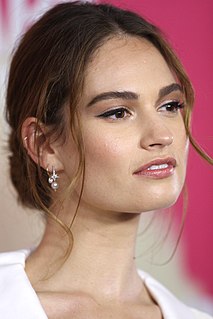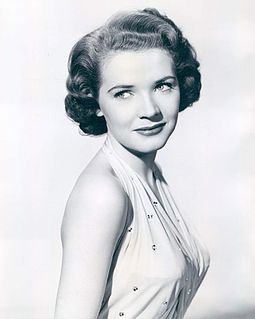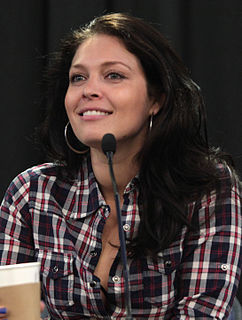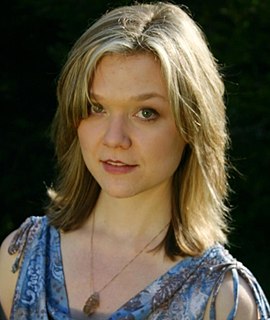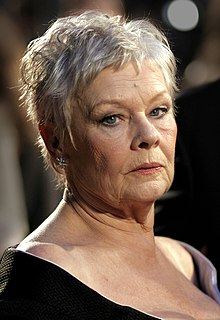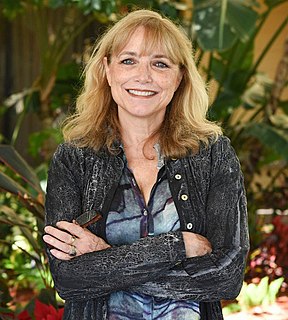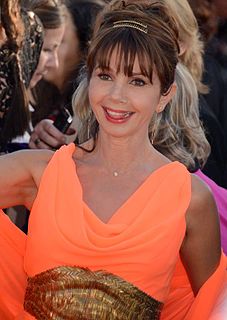A Quote by Lily James
I played Nina in 'The Seagull,' and I remember thinking it's incredible to see all the actresses in the past that've played her. It's quite strengthening. You feel a part of the family of actresses going through and giving something of themselves to the role.
Related Quotes
I saw several actresses play the part. I did not in fact, as far as I know, do anything that any of the other actresses did. I don't think actresses do that. I think that what we do is we see a role as a role, we don't see it as a person. We look at the role and think, 'What can I, as an actor, bring to that part?
I don't see myself as competing with other actresses. I mean, I went through a time when I was in New York, and I was going to lots of auditions and trying to get parts, but even then, you're not really competing with the other actresses. There is a competition going on, but it's not like something you can win in that way.
As a young girl, I never felt attractive. I was fat and unhappy at times, and that kind of thinking stays with you your entire life. There's always going to be a part of me that worries about not looking as slim as other actresses. But at a certain point, when you achieve a lot of your goals and you can be proud of your work, you start to relax more about who you are. And that includes your appearance and self-image - I don't think I look too bad for a mother of two. But women shouldn't have to feel the pressure to compare themselves to actresses or models.
No, it’s very comforting actually, to know that you’re sitting in a long legacy of actresses who’ve played the role. I’m absolutely all for absorbing all of those influences, so you understand the pedigree of the part as much as you understand the figure in history… because you are playing the part. You don’t say: “Gosh, I want to play Peter Sellers…” because you can sort of do that in your own bathroom.
I did The Seagull, the Chekhov play, on Broadway, a couple of years ago, and I had done it in London, and I became completely obsessed with the character, Nina, that I played in that. She's an actress. I couldn't find a play after that, that I wanted to do, because I couldn't think of doing anything else. Every part is a disappointment, once you've done that part.
The big question that everyone is asking themselves, or what they should be asking themselves right now, is what role has the media played in not just missing a certain part of American society that wanted to vote for, say, Donald Trump, but what role has the media played in dehumanizing other people and helping create these conditions that people are so afraid of, say, Muslims and extremism?
